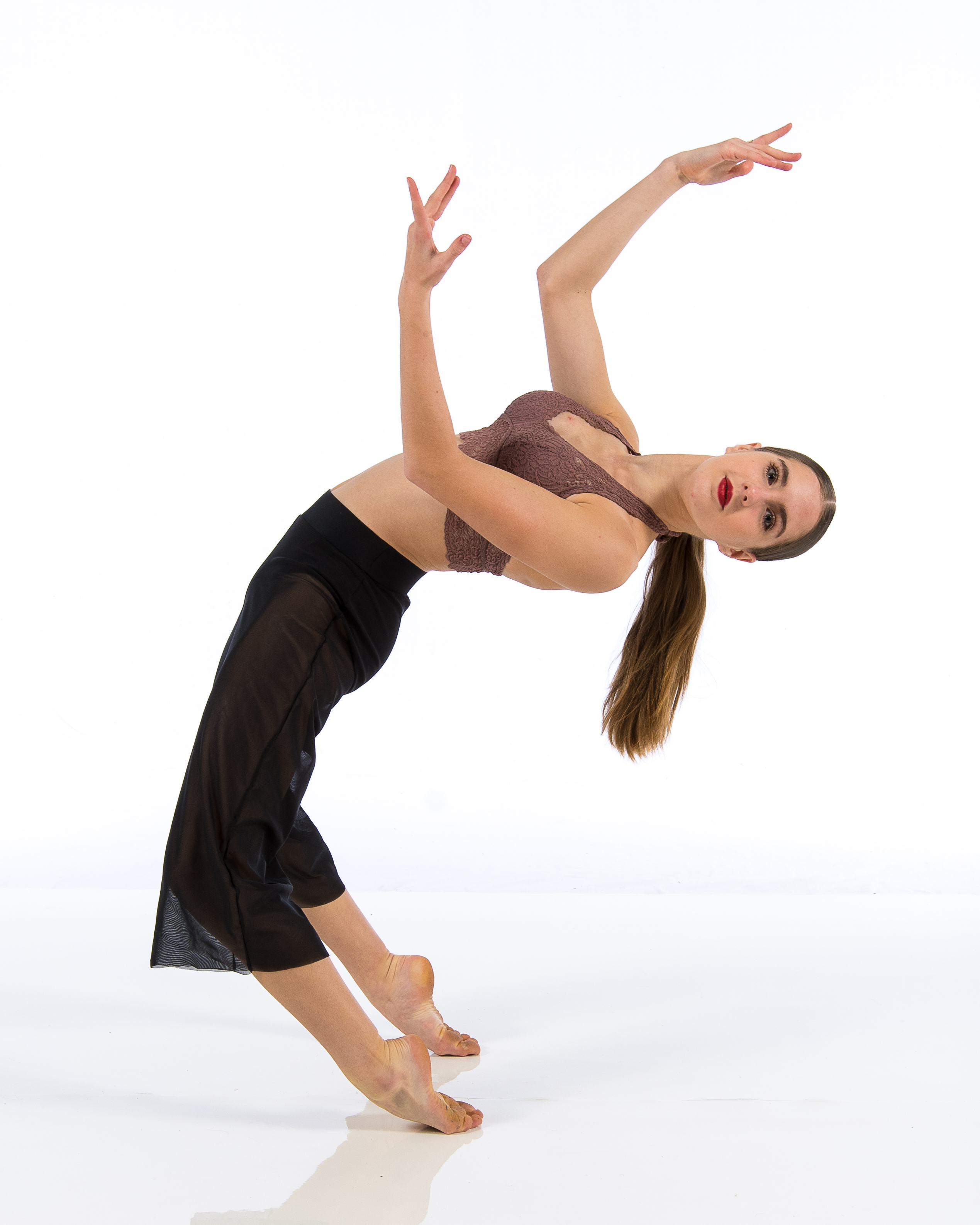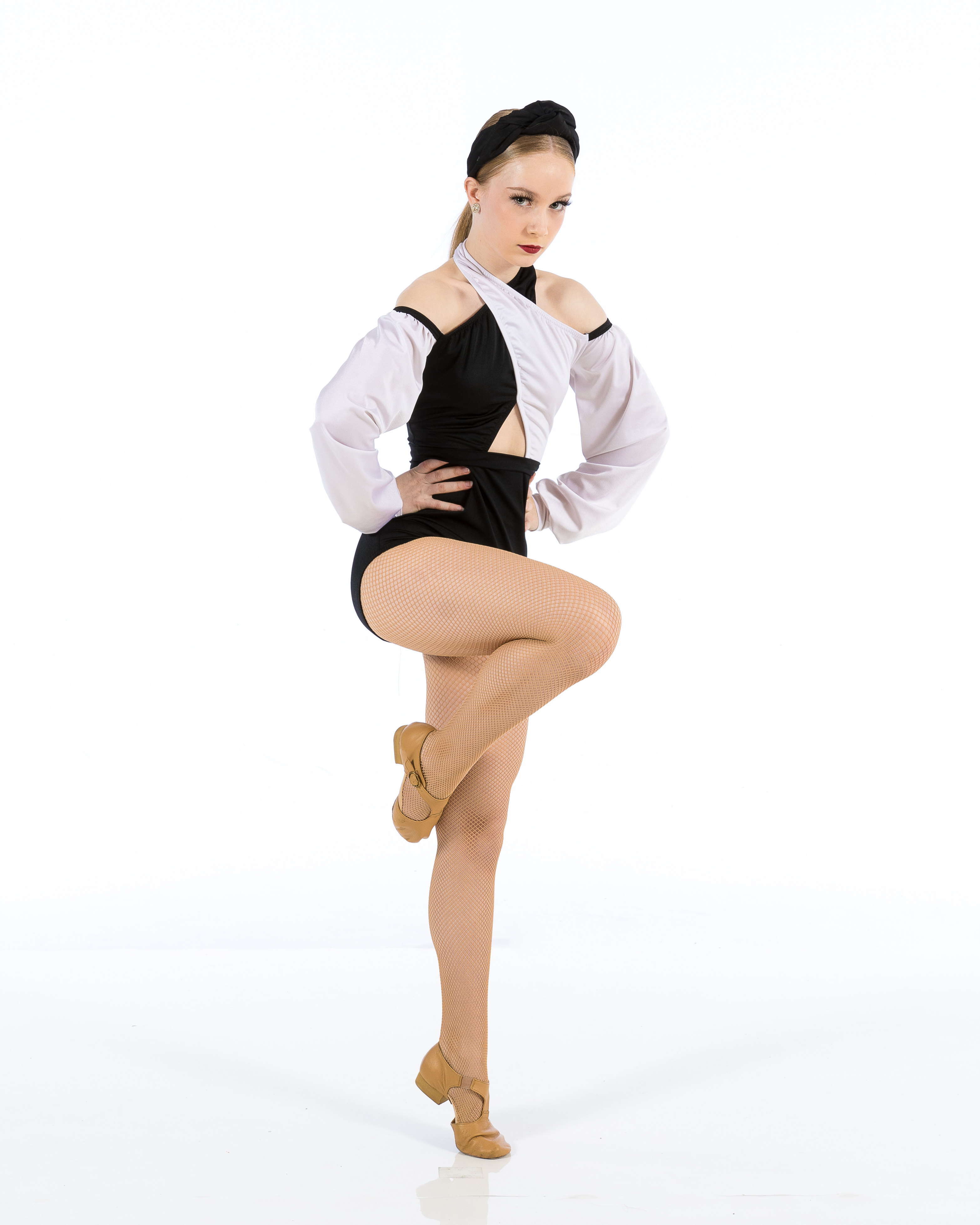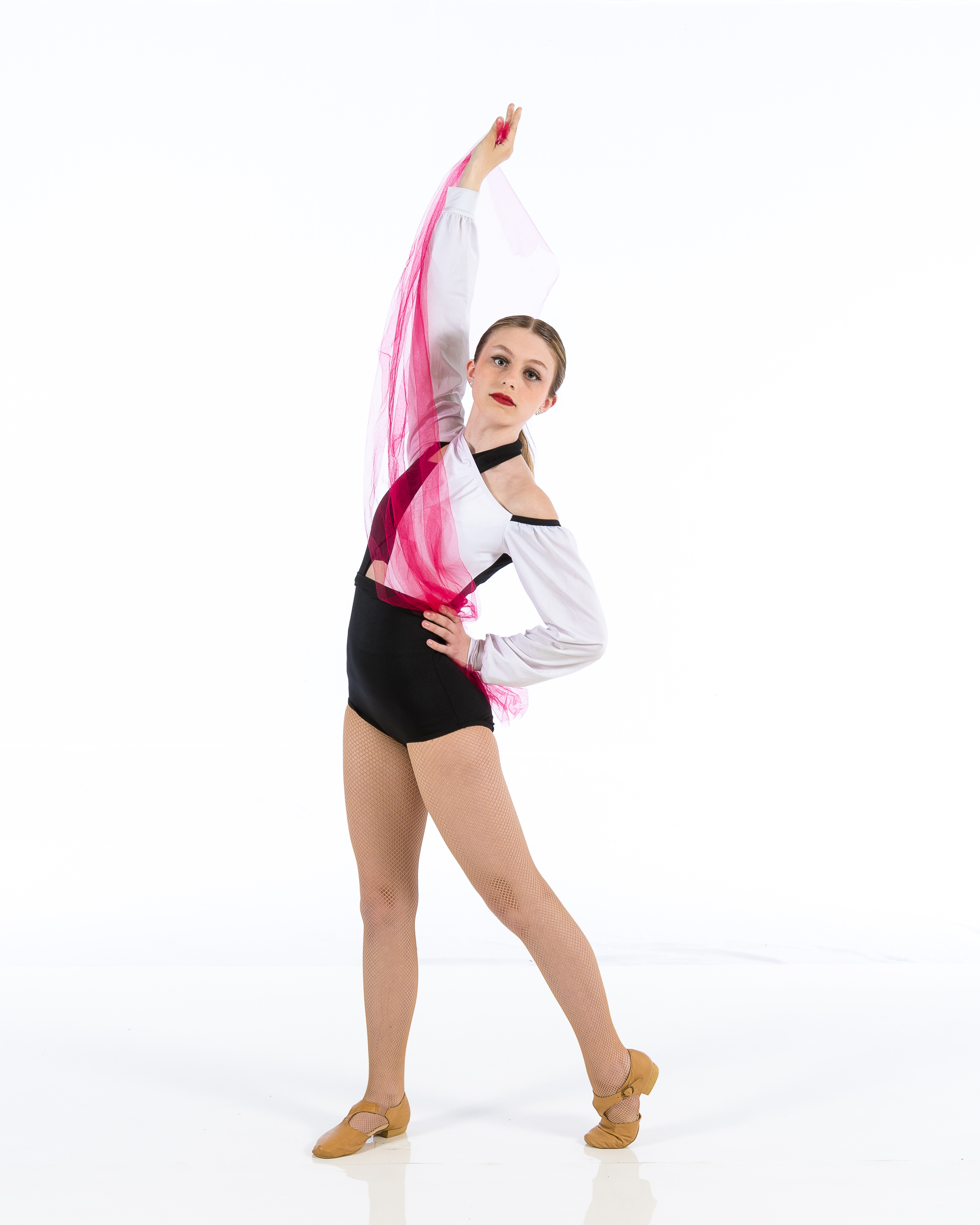Introduction
Dance is an art form that goes beyond barriers, joins areas, and ruptureds with the vigor of human expression. Whether you're a budding professional dancer stepping into a dance studio for the very first time or an experienced entertainer wanting to refine your craft, comprehending dance studio rules is crucial for ensuring a positive experience. This considerable overview entitled From Amateur to Expert: Browsing Dance Studio Decorum for an Unified Experience will certainly take you with every aspect of dance studio actions, supplying insights that will elevate your experience and foster stronger connections within the dance community.
Understanding Dance Studio Etiquette
What is Dance Studio Etiquette?
Dance workshop decorum refers to the collection of customs and social standards that control behavior in a dance class setup. Similar to any kind of other artistic atmosphere, valuing these guidelines can boost not just your learning experience yet additionally that of your peers.

Why is Dance Studio Decorum Important?
Adhering to proper etiquette aids create an atmosphere of regard, emphasis, and partnership. It fosters a sense of neighborhood and allows professional dancers to sustain each various other in their development while lessening disturbances throughout class.
From Newbie to Expert: The Value of First Impressions
Preparing for Your Initial Class
Walking into a dance studio for the first time can be stressful. To make a remarkable first impression:
- Dress appropriately: Use comfy clothes ideal for the type of dancing you're studying. Arrive early: Goal to come to the very least 10-- 15 mins before course starts. This offers you time to sign in, warm up, and work out in.
Greeting Your Instructor
A pleasant welcoming sets the tone for your experience. Constantly present yourself if it's your first class! An easy "Hi" or "Greetings" can go a long means in developing rapport.
Classroom Conduct: The Do's and Do n'tshtmlplcehlder 46end.
Do's: Favorable Behaviors
Be Respectful: Regard everybody's personal space-- specifically when exercising moves. Listen Actively: Program listening when instructors are speaking; it reveals you value their guidance. Support Your Peers: Urge fellow professional dancers; positivity breeds encouragement.Don'ts: Adverse Behaviors
Avoid Disturbances: Keep personal conversations outside the classroom. Don't Use Your Phone: Silence your phone throughout class; it's disruptive. Refrain from Interrupting: Wait until the instructor finishes prior to asking questions.The Duty of Individual Room in Dance Studios
Understanding Boundaries
Personal room varies from person to person, especially in a dancing setting where physical proximity is typically essential during technique routines.
Communicating Comfort Levels
If you really feel uncomfortable with exactly how close an additional dancer is obtaining throughout partnered workouts or developments, it's critical to interact this nicely and professionally.
Maintaining Professionalism and reliability: Dress Code and Grooming
Importance of Appropriate Attire
Each dance style commonly has its own dress code-- whether it be leotards for ballet or baggy apparel for hip-hop classes-- adhering to these criteria demonstrates regard for both your craft and your instructor.
Personal Hygiene Matters
Dancing needs physical effort, which can cause sweat. Ensure you maintain excellent hygiene by showering prior to course and wearing clean attire.
Behavior Throughout Course: Focusing on Learning
Engaging with Instruction
It's crucial to remain focused throughout demonstrations. Instead of simply watching, actively engage by imagining how you would certainly implement each movement.
Asking Questions Appropriately
Curiosity enhances finding out! If something isn't clear, do not hesitate to Dance Academy ask concerns-- however ensure they matter and postured at suitable times (ideally after directions).
Feedback: Welcoming Constructive Criticism
Accepting Responses Gracefully
Constructive objection is part and parcel of growth in any art type. Welcome feedback with an open mind and avoid ending up being defensive; bear in mind that review intends to aid boost your skills!
Offering Comments Thoughtfully
When offering responses to peers, ensure it's useful as opposed to vital; concentrate on what they succeeded together with locations for improvement.
Creating Harmony With Teamwork
The Relevance of Group Spirit
In lots of dance designs, teamwork plays an essential function; creating camaraderie with fellow dancers brings about enhanced performances.
Collaborating During Team Exercises
When associated with team projects or choreography methods, motivate creative thinking by appreciating everybody's ideas while additionally contributing yours constructively.
Handling Problems Gracefully
Addressing Disputes Maturely
Conflict may develop because of misconceptions or varying viewpoints on choreography choices. Deal with these concerns independently rather than publicly airing grievances which can interfere with class harmony.
Seeking Mediation When Necessary
If conflicts escalate beyond individual resolution initiatives-- look for support from teachers that can mediate successfully based upon their experience handling similar situations.
Post-Class Rules: Leaving on a Great Note
Thanking Instructors After Class
Always express gratefulness in the direction of your trainer after lessons; this reinforces favorable partnerships while acknowledging their tough work!

Keeping the Studio Clean
Whether it's getting water bottles or neatly arranging props post-class-- keeping sanitation shows respect for shared areas utilized by all dancers!

Engaging Beyond Course Time: Building Neighborhood Relationships
Joining Social Events
Participate in social events organized by studios such as displays or open houses-- these events offer opportunities for networking while enhancing neighborhood connections outside organized lessons!
Supporting Other Dancers' Performances
Attending peers' efficiencies demonstrates uniformity within the dancing area-- it urges engagement past plain participation at classes!
Frequently Asked Inquiries (FAQs)
1. What must I wear for my initial dance class?
Pick comfy clothing appropriate for the certain style you're taking (e.g., leotards for ballet). Constantly inquire about gown codes beforehand!
2. Is it okay to talk during class?
It's finest method not to engage in side conversations during guideline as this sidetracks both instructors & & fellow trainees alike!
3. How do I take care of sensation overwhelmed?
Take deep breaths & & remind yourself that every professional dancer started someplace! Connect any type of struggles with instructors that might supply added aid if needed!
4. Suppose I disagree with choreography choices?
Express issues pleasantly either independently or within marked feedback sessions instead of honestly critiquing throughout practice sessions; preserving expertise aids deal with disagreements amicably!
5. Should I bring water into the studio?
Absolutely! Staying hydrated enhances efficiency levels; just make certain containers are firmly shut so spills don't happen on floorings where others are dancing!
6. Just how essential is punctuality?
Punctuality is vital as showing up late interferes with focus levels while causing diversions; goal constantly get here early adequate enabling time workout effectively prior to classes commence!
Conclusion
Navigating via a dance studio environment can appear discouraging at first glimpse however understanding appropriate etiquette inevitably transforms one's journey from beginner standing towards professional degree virtuosity! By adhering carefully well-known behaviors outlined throughout this overview labelled From Newbie To Expert: Browsing Dance Studio Decorum For A Harmonious Experience *, you'll cultivate very useful relationships within neighborhoods enriched imagination while honing technical prowess together with respected coaches! So lace up those footwear with confidence tip onto that flooring-- the world awaits your one-of-a-kind expression with movement!